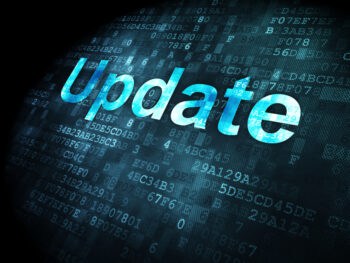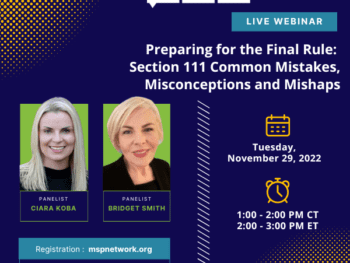
Stepped-Up Efforts to Seek Reimbursement From Settling Parties
The catalyst for this legislation comes from stepped up efforts by these various plans and programs, especially by MA Plans, to seek reimbursement from settling parties. MA Plans have largely prevailed against insurance carriers in seeking reimbursement under the Medicare Secondary Payer Act which has led to a heightened awareness of the potential for such claims and the need to identify claimants enrolled in such plans and programs prior to settlement.
While liability and no-fault carriers and workers’ compensation plans are now on notice of the potential for such reimbursement claims, there presently exists no universal method to identify a claimant’s enrollment status, short of asking the claimant. Accordingly, the bill provides a solution by requiring CMS to share such enrollment information.
Enrollment Information Shared Through Mandatory Insurer Reporting
A review of the bill shows the enrollment information would be shared through the Section 111 Mandatory Insurer Reporting query process. In short, along with identification of whether a claimant is a Medicare beneficiary, the query response would also provide whether the claimant is or has been enrolled in a MA or Part D Plan or a state Medicaid program for the past three years and the name of the plan or program. The insurance carrier or self-insured entity would then be able to readily contact the Part C or D plan or Medicaid program to resolve any claim for reimbursement.
The bill was referred to the Committee on Ways and Means and the Committee on Energy and Commerce for further action. Tower MSA Partners will provide updates on the legislation when warranted.


























